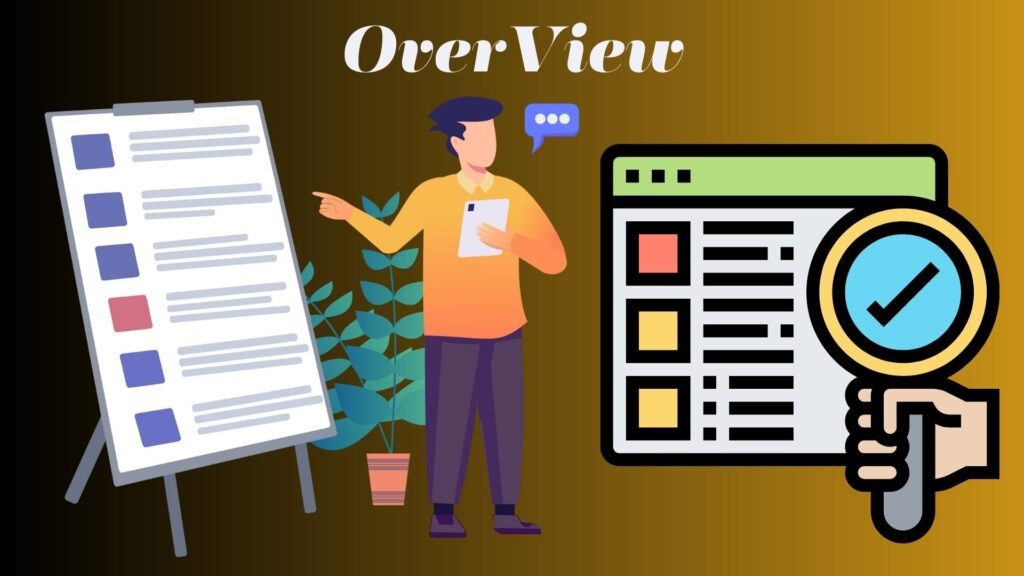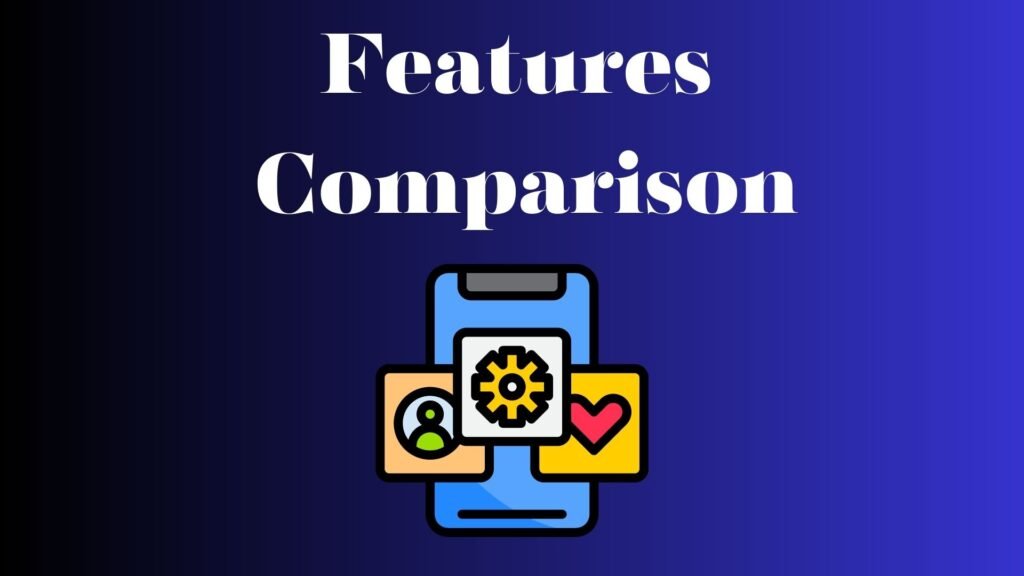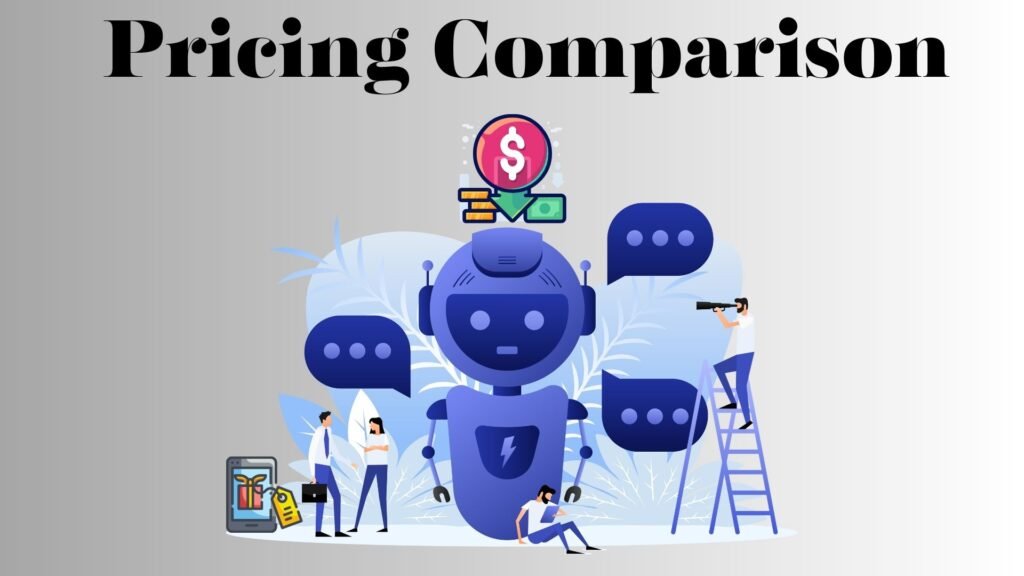In today’s pixel-perfect world, digital marketing is more than just “important” – it’s essential. And if you’re floating around the marketing galaxy, two massive stars you’ve likely heard of are Email Marketing vs Marketing Automation. Think of this as the Batman vs. Superman of the digital marketing universe! But who will emerge as the true champion for your business?
Understanding the Basics:

Definition:
Every epic tale begins with the basics, right?
Email Marketing: Think of this as the digital version of shouting from the rooftops, but instead of rooftops, it’s inboxes, and instead of shouting, it’s more like a polite yet enthusiastic wave. Email Marketing is all about sending your message directly to a crowd, but from the comfort of your swivel chair.
Marketing Automation: This is your smart home for marketing. Lights off? Done. Coffee brewed? Done. Automatically sending tailored messages to customers at just the right time in their purchase journey? Absolutely done.
In the grand scheme of things, the battle of Email Marketing vs Marketing Automation is one for the ages, with each strategy offering unique tools and benefits to help your business grow.
Primary Objective:
And what’s our hero’s (or heroine’s) main goal?
Email Marketing: It’s not just about spamming inboxes. No, no. This is about building relationships, creating touchpoints, and forging a bond through…well, fantastic emails. It’s about getting a message out there, loud and clear, without actually being loud. The main goal is to nurture and engage a targeted audience.
Marketing Automation: Think of this as your marketing on steroids (the legal kind, of course). This isn’t just about sending emails; it’s about automating tasks, streamlining processes, and ensuring you get a bang for your marketing buck across all channels. Marketing Automation keeps the wheels turning, even when you’re binging on your favorite Netflix series.
In this modern marketing landscape, choosing between Email Marketing vs Marketing Automation can be the hero’s or heroine’s pivotal decision, guiding the strategy that helps them reach their ultimate goal.
Pros of Email Marketing:
Email marketing, the age-old arrow in the quiver of digital marketers. Why has it stood the test of time, especially when comparing Email Marketing vs Marketing Automation?
Cost-effective: Especially for fledgling businesses that are watching every cent. You don’t need a grand budget to start; with minimal investment, you’re in the game. Several platforms even offer free tiers based on the number of subscribers, allowing businesses to scale as they grow.
High ROI: The beauty of email marketing lies in its return on investment. Various studies have consistently shown that email marketing offers one of the best ROIs across digital channels. It’s like planting a tiny seed and reaping a bountiful harvest.
Personalization: One word: segmentation. You can split your audience based on behavior, preferences, or demographics. Want to send a special offer to customers who’ve been with you for a year? Easy. How about a welcome message for new subscribers? Piece of cake.
Direct communication: It’s the digital equivalent of a face-to-face conversation. You’re landing right into their personal space (the inbox), which means, if done right, you can capture their undivided attention. This direct approach is a key differentiator when weighing Email Marketing vs Marketing Automation.
Cons of Email Marketing:
Of course, no hero is without flaws:
- Over-reliance on lists: Like that old playlist you haven’t updated in years, clinging to a stagnant email list can be detrimental. The risk of becoming irrelevant or even spammy looms large.
- Spam filters: Modern inboxes are smarter, and they’re pretty good at banishing promotional emails to the dreaded spam folder. Your beautifully crafted message might never see the light of day.
- Limited automation: While basic automations like welcome sequences are feasible, complex triggers and paths might be beyond reach.
- Less integrated: Standalone email platforms might not play nicely with other systems, potentially leading to disjointed marketing efforts.
Key Differences:
Alright, let’s draw a clear line between these two behemoths, Email Marketing vs Marketing Automation:
Scope: Email marketing is the specialist, focusing laser-like on crafting and sending emails. On the other hand, marketing automation is the jack of all trades, handling not just emails but also other digital channels.
Purpose: With email marketing, you’re looking to engage, inform, or prompt a direct response, typically within the email framework. Marketing automation aims broader – it’s about creating a seamless journey for a potential customer, from the first touchpoint to conversion and beyond.
User Experience: Email marketing, when done right, can feel intimate, almost like a handwritten letter. Marketing automation, while efficient, runs the risk of feeling robotic. But with careful planning, it can be personalized to feel genuine.
Cost Structure: Email marketing platforms typically charge based on subscribers or emails sent. Marketing automation systems, given their expansive features, usually have a heftier price tag, often based on the number of contacts or the breadth of features you’re using.
Integration Capability: Email Marketing vs Marketing Automation

In our interconnected digital age, integration is the secret sauce that often determines success. How do our two contenders fare in this domain?
Email Marketing:
When it comes to Email Marketing, integration capabilities might feel akin to trying to fit a square peg in a round hole. It’s not impossible, but it does come with challenges. Traditional email platforms were designed with one primary function: to send emails. Therefore, integrating with modern CRM systems, analytics tools, or social platforms can be cumbersome. However, as the landscape evolved, many email platforms have begun offering better integration features. This includes:
- Plug-ins & APIs: For popular platforms like Mailchimp or SendinBlue, there’s a slew of plugins available, especially for widely-used CMS systems like WordPress. But, for a more complex or customized environment, you might need to play around with their APIs.
- CRM Integration: Essential if you want to track your email interactions alongside other customer touchpoints. Some platforms offer native CRM integrations, but others might require third-party connectors.
- Analytics: Most platforms allow basic tracking of open rates, click-through rates, and more. But if you’re looking to delve deeper into user behavior, you might need to stitch together data from other sources.
Marketing Automation:
Marketing Automation, on the other hand, is the Swiss Army Knife in the integration world. Built to be robust and versatile, these platforms usually offer:
- Seamless CRM Integration: Platforms like HubSpot or Marketo pride themselves on their ability to natively integrate with a variety of CRMs. This offers a unified view of customer interactions across the board.
- Multi-channel Capabilities: Whether it’s social media, web analytics, or even offline events, marketing automation platforms can often pull data from multiple sources, offering a 360-degree view of your marketing efforts.
- Advanced Analytics: With in-built reporting tools, these platforms often negate the need for external analytics solutions, providing comprehensive insights right out of the box.
Head-to-Head Comparison: Email Marketing vs Marketing Automation

Time for the face-off! Let’s put these two side by side.
- Purpose: Email Marketing is your sniper – precise, direct, and singular in its function. Marketing Automation is the artillery – broader in scope, handling multiple tasks, often simultaneously.
- Flexibility: Email Marketing offers specialization, which is excellent if you’re looking for depth in one channel. Marketing Automation, given its multifaceted design, provides more flexibility to hop between channels and strategies.
- Learning Curve: Traditional email platforms are generally simpler. If you’re sending basic newsletters or campaigns, the learning curve is gentle. Marketing automation platforms, with their plethora of features, can seem daunting to a newbie. But remember, with great power comes… you know the rest!
- ROI: While Email Marketing often boasts a higher ROI due to its low costs, Marketing Automation provides value in the long run, especially for businesses aiming for holistic growth across multiple channels.
- Personalization & Scalability: Both platforms can offer personalization, but the depth varies. While Email Marketing can segment and target, Marketing Automation can dynamically change content based on real-time data. And when it comes to scaling up, automation platforms typically handle growing businesses more seamlessly.
Engagement Metrics & Performance Analysis:
The right metrics can serve as the compass to a marketer’s journey.
Email Marketing:
With Email Marketing, it’s all about understanding how your audience interacts with your emails:
- Open Rates: Tells you how enticing your subject lines are. Imagine it as the number of times someone decides to open the door after you knock. Too low? Maybe it’s time to rethink your approach.
- Click-through Rates (CTR): This metric lets you gauge the effectiveness of your email content. If your CTR is down, maybe it’s time to spruce up that email content. Remember, it’s not just about getting people to the party, it’s about making them dance!
- Bounce Rates: These can be hard or soft, but either way, they’re a sign something’s amiss. Maybe you’re shouting your message in an empty room because the occupant moved houses.
- Unsubscribe Rates: The digital equivalent of “It’s not you, it’s me.” It hurts, but it’s vital feedback. Too high, and it might be time for a content revamp.
Marketing Automation:
Marketing Automation metrics give a broader perspective:
- Lead Scoring: It’s like dating. Not every lead is ready to commit right away. Lead scoring helps you identify which leads are just flirting and which ones are ready for a long-term relationship.
- Conversion Rates: Across various channels, how many people are turning from mere visitors to loyal customers? It’s the grand score of your marketing symphony.
- Customer Lifecycle Metrics: From the first interaction to conversion, and hopefully to brand advocacy. Where are most of your customers dropping off? It’s the plot twist you need to identify and address.
- ROI Across Channels: Which channels are giving you the most love for your buck? Maybe it’s time to double down on what’s working and reevaluate what’s not.
Costs and Affordability: Email Marketing vs Marketing Automation

Your budget isn’t just a number; it’s a reflection of your marketing strategy’s priorities.
Email Marketing:
Email Marketing tends to be more budget-friendly:
- Subscription-Based: Most platforms charge based on your subscriber count or the volume of emails. It’s predictable, and for startups or SMEs, it’s often a boon.
- No Extra Fluff: You’re not paying for features you don’t need. If your strategy is email-heavy, then this ensures every cent goes towards optimizing that.
Marketing Automation:
Marketing Automation can be pricier, but there’s a reason:
- Holistic Platforms: You’re not just paying for an email tool. It’s social media, CRM, analytics, and more, all bundled together.
- Scalability: As your business grows, these platforms are designed to grow with you. The initial investment can lead to long-term gains.
- Advanced Features: Automation, AI-driven insights, and more. It’s like paying for a luxury car; the ride is smooth, and the features are advanced.
Other blogs: SimilarWeb Alternatives: The Ultimate Showdown
Conclusion: Email Marketing vs Marketing Automation

Alright, after this whirlwind journey through Email Marketing and Marketing Automation, where do we stand in this dance of Email Marketing vs Marketing Automation?
Firstly, understand that these aren’t two superheroes battling it out for supremacy. They’re more like Batman and Robin, each bringing something unique to the table. While email marketing is more streamlined and direct, marketing automation offers a broader approach, encompassing various channels and touchpoints.
It’s less about which one trumps the other in the battle of Email Marketing vs Marketing Automation, and more about which fits your needs best.
Ultimately, your choice boils down to your objectives, budget, and the kind of relationship you aim to establish with your audience. So, instead of an epic showdown, maybe it’s more of a meet-cute at a digital marketing mixer!
Call-to-Action:
So, have you picked your digital marketing dance partner yet in the tango of Email Marketing vs Marketing Automation? Either way, we want to hear from you! Drop your thoughts, experiences, and any quirky metaphors you might have in the comments. And remember, in the world of digital marketing, dancing shoes are optional, but passion is a must!
A little advice go for tiny email.
